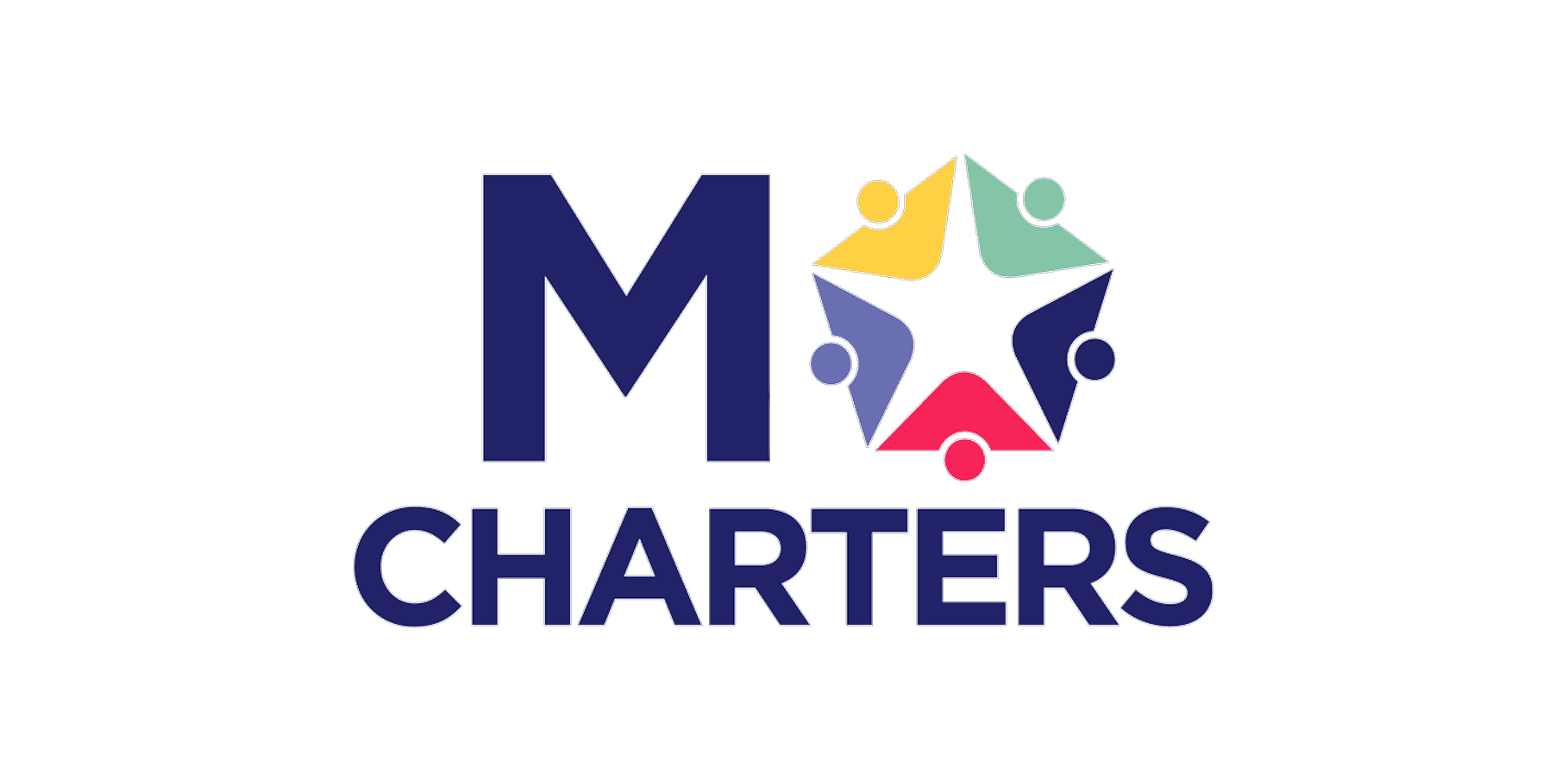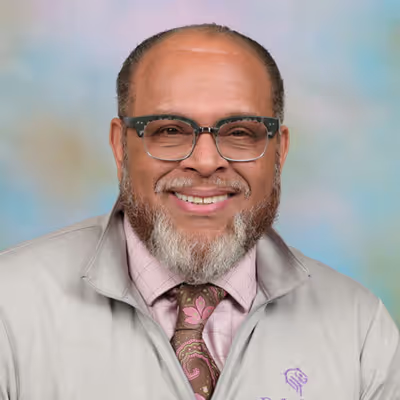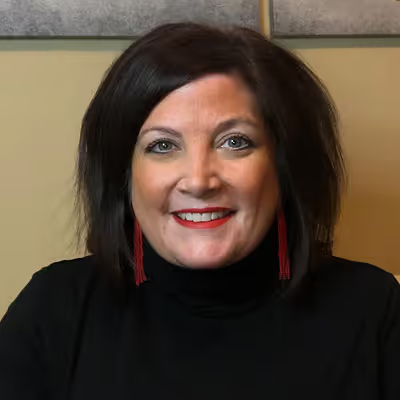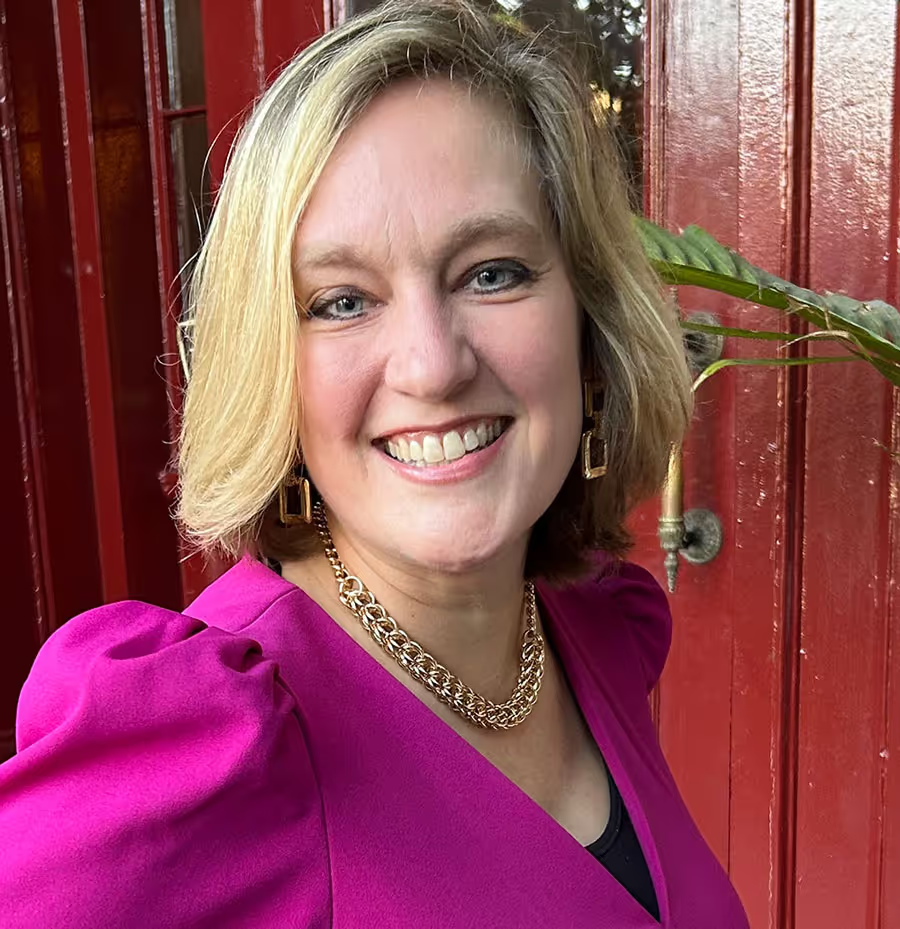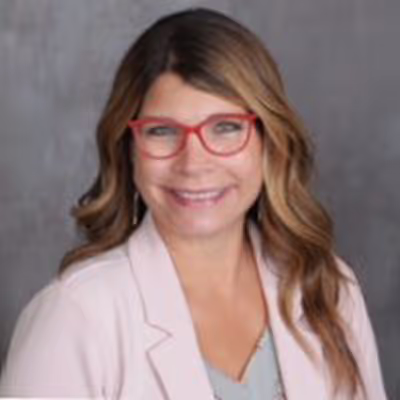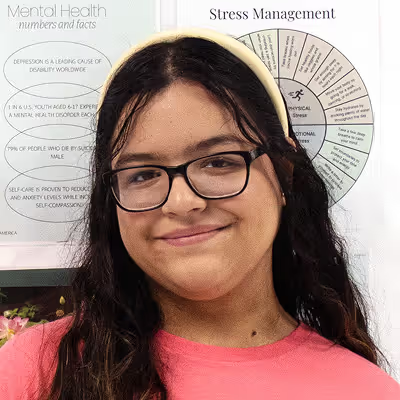Mauri Scott



The Grandmother Who Won’t Back Down on Public Charters
Watching her grandsons thrive in St. Louis public charter schools turned Mauri Scott into an unshakable champion for school choice in Missouri
At first glance, Mauri Scott, a grandmother of 11—barely five feet tall, with a joyful laugh—doesn’t look like a force of nature. But as Scott rifles through the folder of speeches she has delivered at the Missouri State Capitol, a tinge of steel enters her voice.
“Now here’s the very first one I did, which I titled ‘Stand for All,’ and then the next one was, ‘Everyone Deserves a Choice,’” says Scott, who has testified before the state legislature in support of public charter schools five times since 2022. “I was a ball of nerves the first time. But I don’t play about kids. This is not personal. This is business, and these schools are our business because these are our children. That’s where I’m coming from—that’s where my heart is.”
In 2022, Scott joined a coalition of parents, school leaders, and public charter supporters who successfully advocated to pass House Bill 1552, which established equitable funding for public charter schools in Missouri. The law increased funding for the state’s public charter students by $62 million that year and guaranteed funding parity with traditional public schools.
This is not personal. This is business, and these schools are our business because these are our children.
This spring, Scott testified against a bill that would have required new public charter schools to acquire a “certificate of need” from the State Board of Education—introducing what opponents saw as an unnecessary bureaucratic hurdle, since public charter applicants must already demonstrate community need. Scott traveled from St. Louis to Jefferson City once again. The bill failed.
After she testified, a lawmaker came over and asked to shake her hand. “He said, ‘You put down a granny slammy on them!’” Scott recalls, laughing. “But I just set out to be honest. Understand, these children are the ones who will occupy your seat one day. Don’t we want them to be prepared?”
Scott’s road to advocacy began when her grandson, Danari, enrolled in sixth grade at La Salle Middle School, a public charter school located just across the street from her apartment.
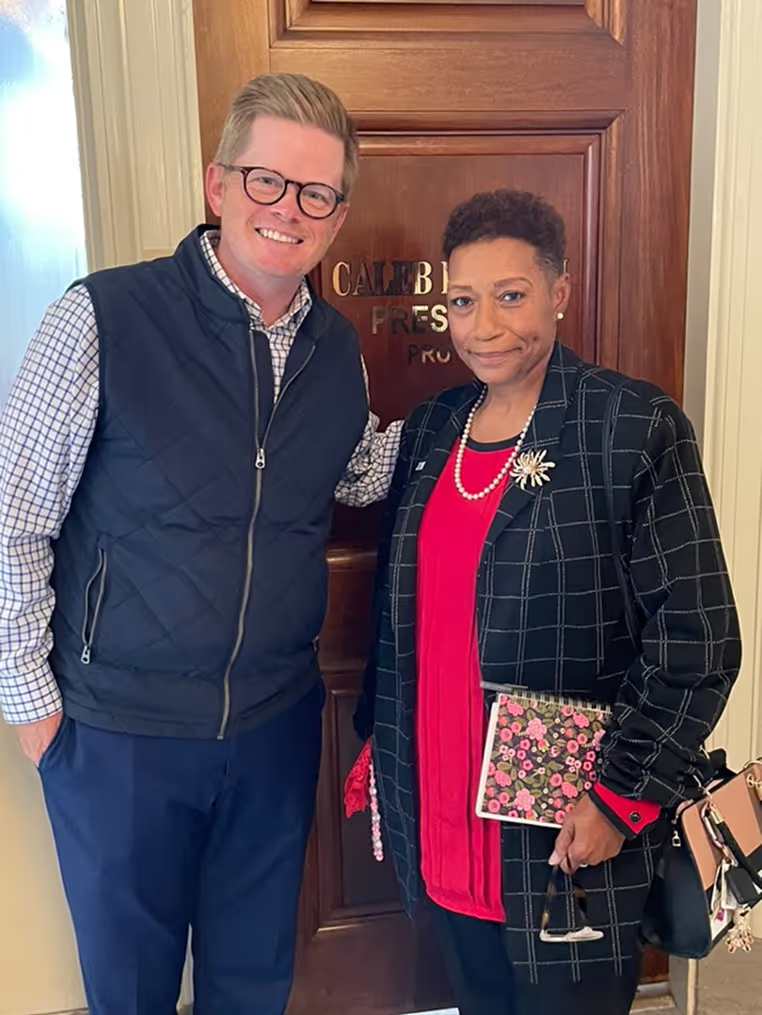
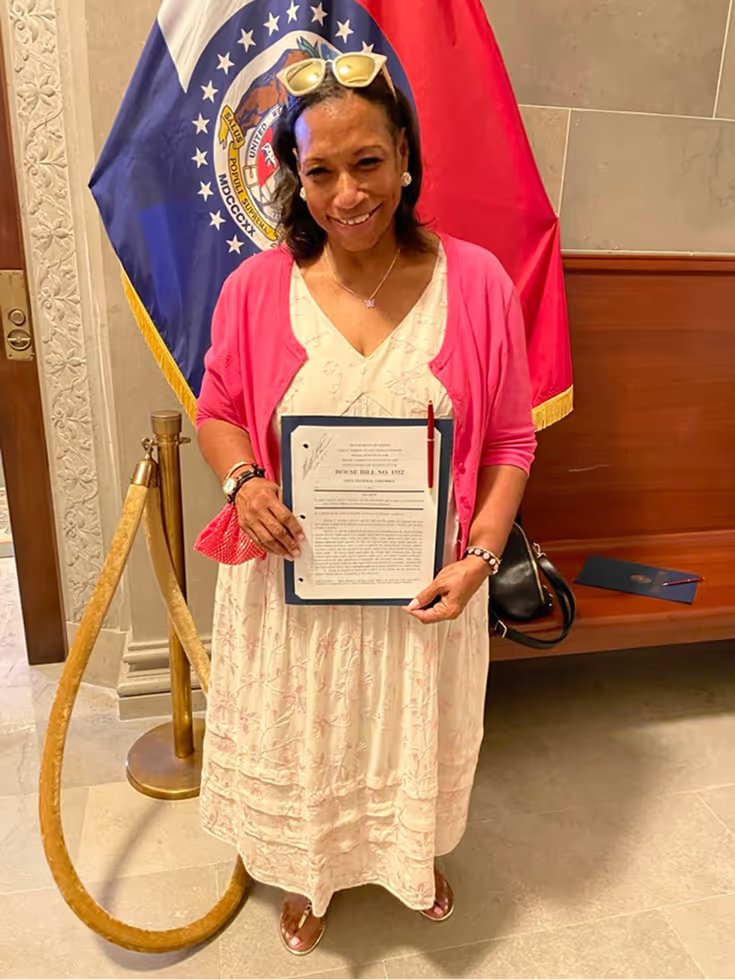









“Life hasn’t always been fair for our kids,” Scott says. “But once Danari got into La Salle—he changed.” Scott picked up her grandson every day after school and watched as Danari gradually transformed from an introverted child with few friends to a lively, social student involved in robotics, cooking, sports, and coding.
Scott says La Salle’s head of school, Dr. LaShanda Boone, was a dynamic, nurturing force behind that change. “When you walked into the school, you could tell they were not just there to draw a check—they were there because they love the children,” Scott recalls. “Dr. Boone would say, ‘You do your part, and I’ll overdo mine.’ And it wasn’t just rhetoric. She put her faith and her love into action.”
On top of offering robust extracurriculars, Dr. Boone organized college tours for her middle schoolers and brought in guest speakers from varied professions to talk about their fields. A panel of local software engineers sparked Danari’s interest in cyber security. In May 2025, he became the first in his family to graduate from college, earning a degree in information technology from Rankin Technical College.

Public charters gave them a chance to use their own gifts and explore the world in their manner.
“La Salle showed our kids—there’s a whole world outside of your neighborhood,” Scott says. Another of her grandsons has found his passion designing and building theater sets through his public charter school’s drama program. “Now he wants to learn how to construct buildings from the ground up,” she says.
Even as her grandchildren begin to graduate and begin their adult lives, Scott remains a vocal champion of public charter schools in Missouri. “I tell anybody who will listen: public charter schools give parents and children a choice,” Scott says. “Public charters opened doors for my boys and allowed each of them to be who they are. Public charters gave them a chance to use their own gifts and explore the world in their manner. I can’t imagine what their lives would be like without them.”
